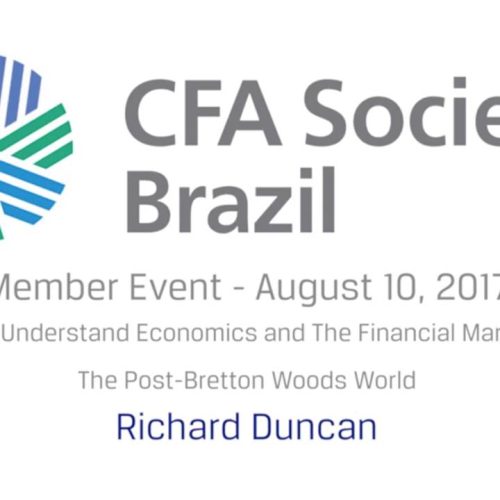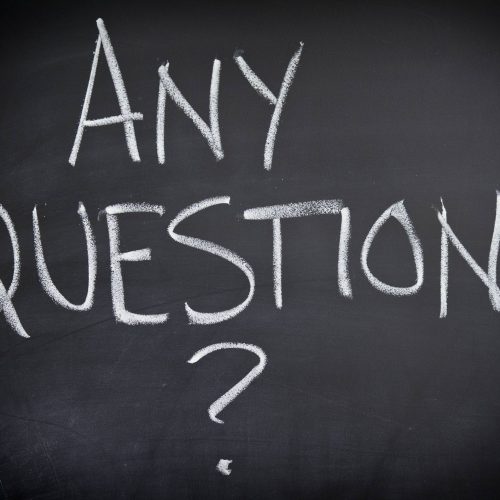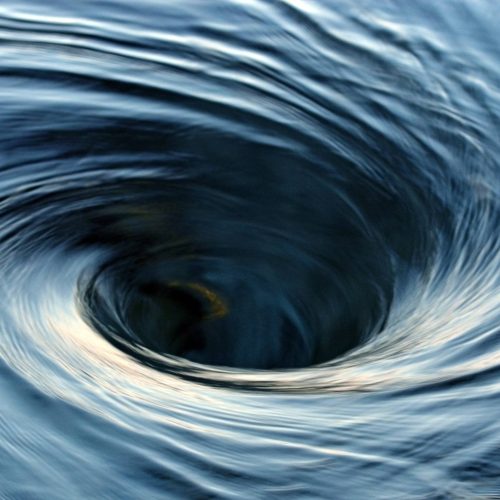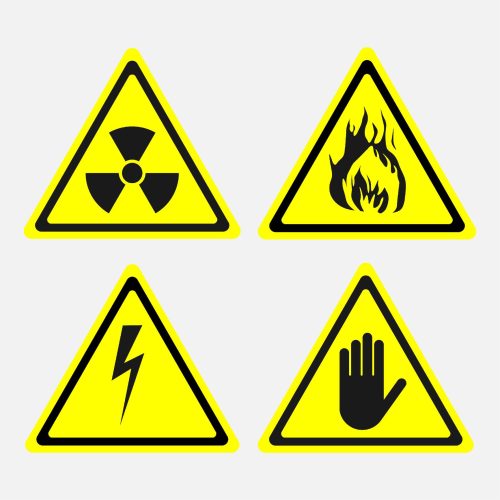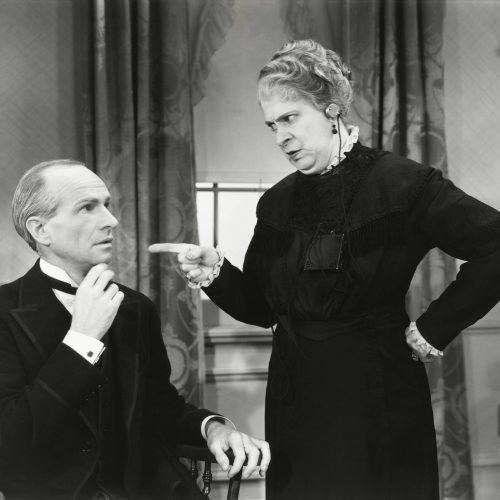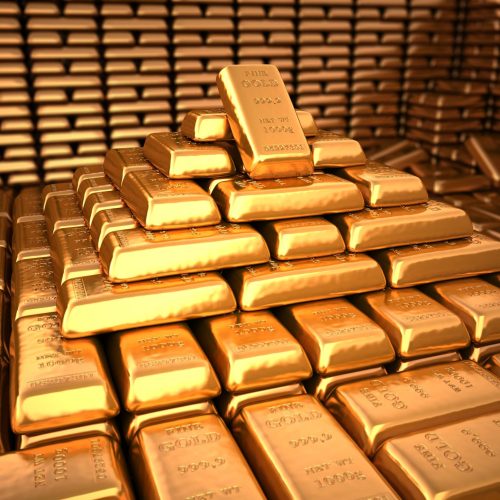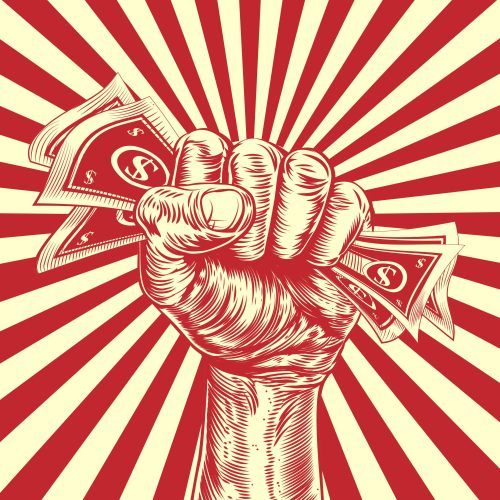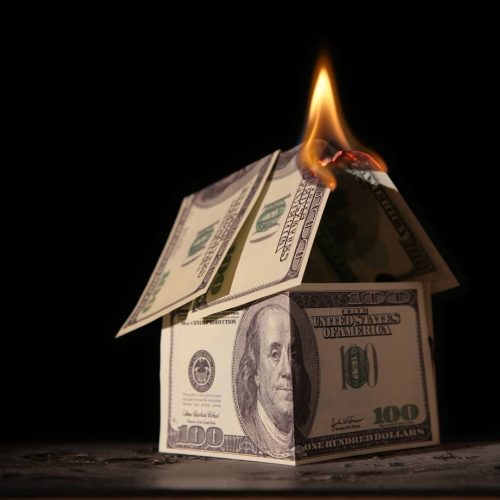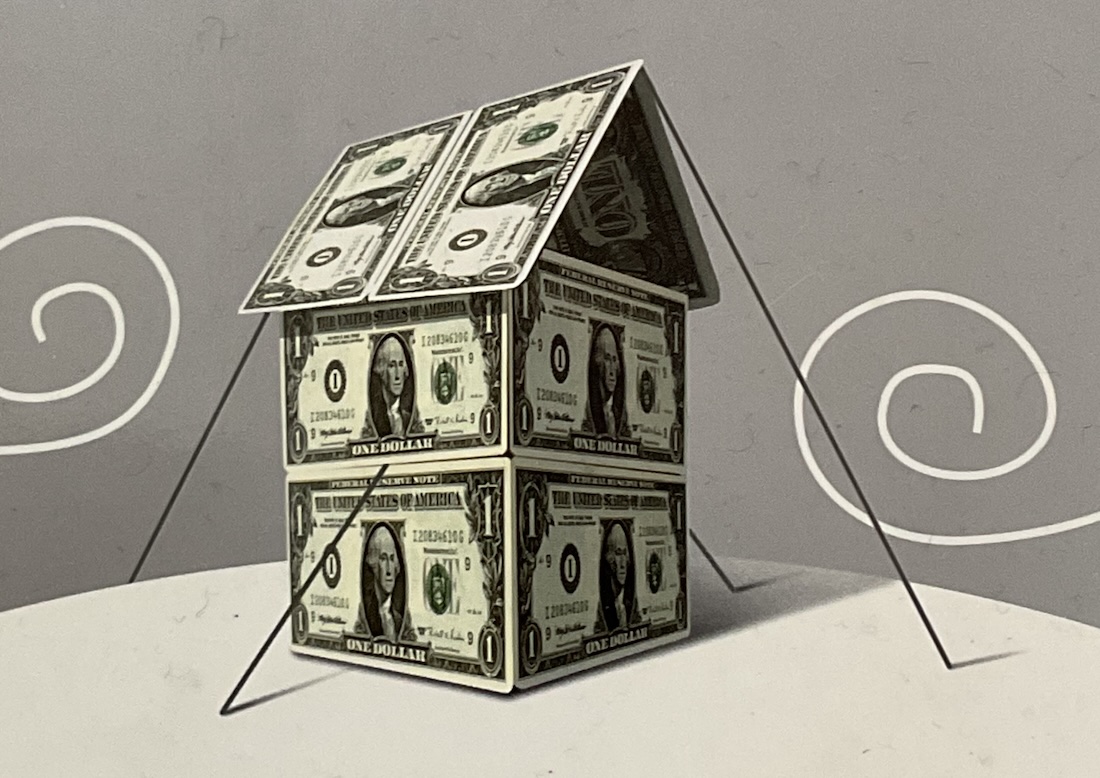Watch Richard Duncan’s Speech For The CFA I…
Last month I had the great good fortune to go on a speaking tour around South America at the invitation of the CFA Institute. I spoke before the CFA Societies
Frequently Asked Questions About The Global E…
The new Macro Watch video addresses the following questions: 1. Is a new Great Depression inevitable? 2. Should we return to a Gold Standard? 3. Wouldn’t it be best
Investors Should Be Terrified Of Quantitative…
The Fed is expected to announce the launch of Quantitative Tightening (QT) on September 20th. Quantitative Tightening will be a radical reversal of monetary policy. Once it is underway, QT
The Four Great Threats To Our Unstable Global…
The latest Macro Watch video describes the Four Great Threats facing the global economy: 1. The Crisis In Creditism 2. President Trump’s Economic Policies 3. China’s Economic Crisis 4. Quantitative
Who’s To Blame For The Global Economic Cris…
There’s a great deal of confusion about what has gone wrong with the global economy. Everyone seems to have a favorite scapegoat to blame for the crisis. Richard Nixon, Alan
Bubble or Recession: The Fed Must Choose
Janet Yellen and her colleagues are facing a difficult predicament. If the Fed does not tighten monetary policy, then a destabilizing asset price bubble could run out of control and
Investors Should Be Terrified Of The Imminent…
We are now entering a very dangerous period for asset prices and the global economy. The Fed plans to drain more than $1 trillion of liquidity from the financial markets
Monetary Revolution: No Constraints
A Monetary Revolution began when Money ceased to be backed by Gold in 1971. Since then, central banks have taken over the management of the global economy by creating more
Monetary Revolution
Over the last nine years, since the crisis of 2008 began, a revolution has occurred in the way in which government policymakers manage the economy – both at the national
Quantitative Tightening: The Fed’s New …
The Fed intends to reverse Quantitative Easing beginning later this year. That is a very bad idea that could inflict severe damage on the economy and destroy your wealth. The

